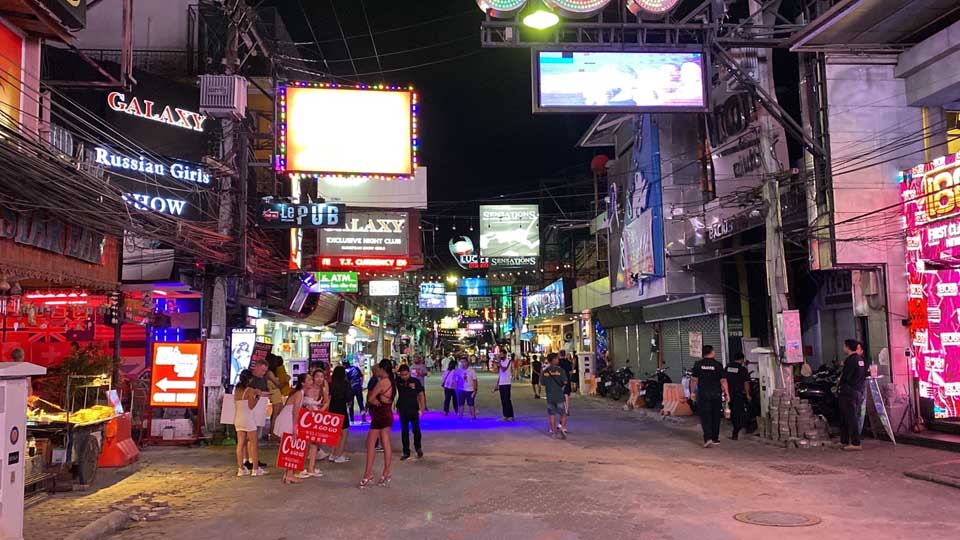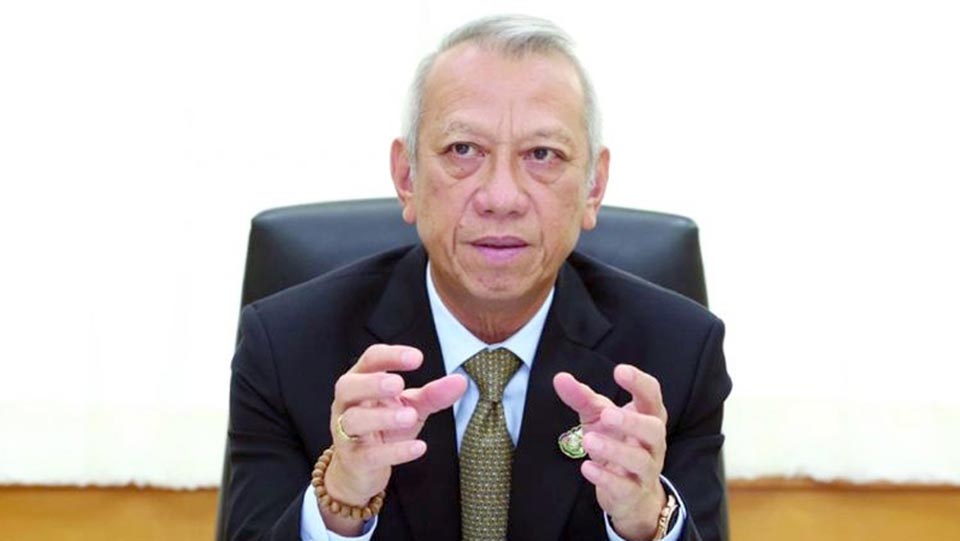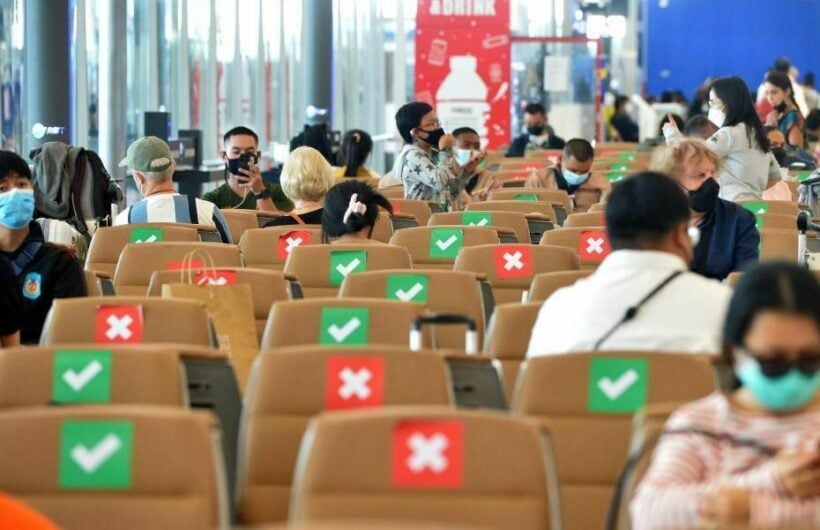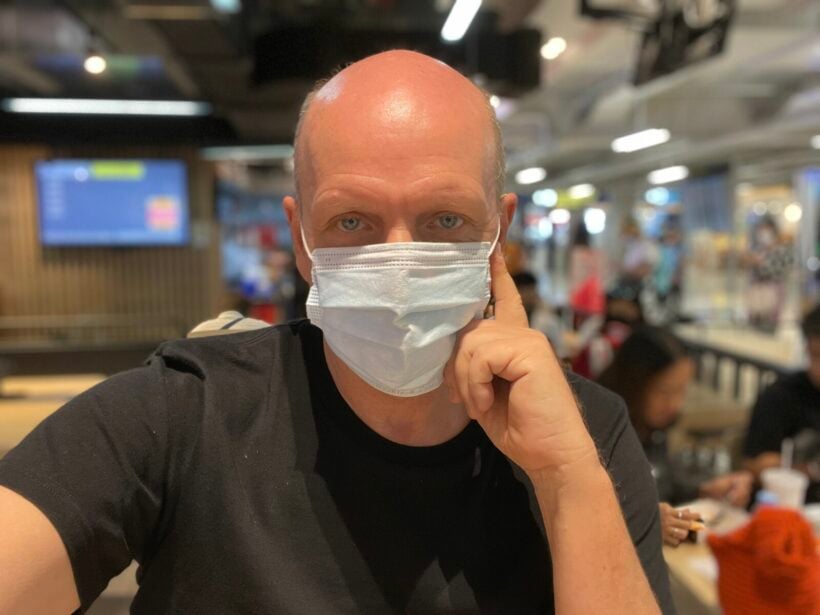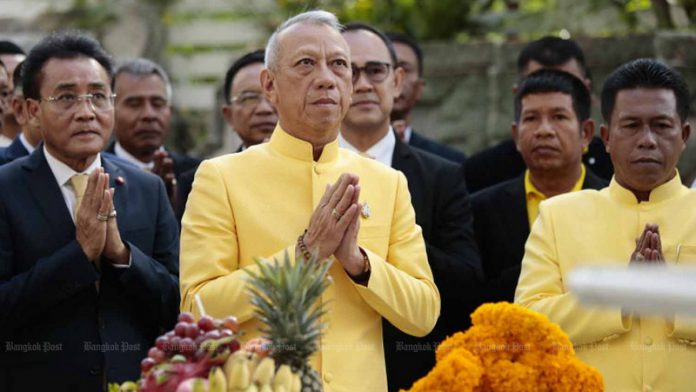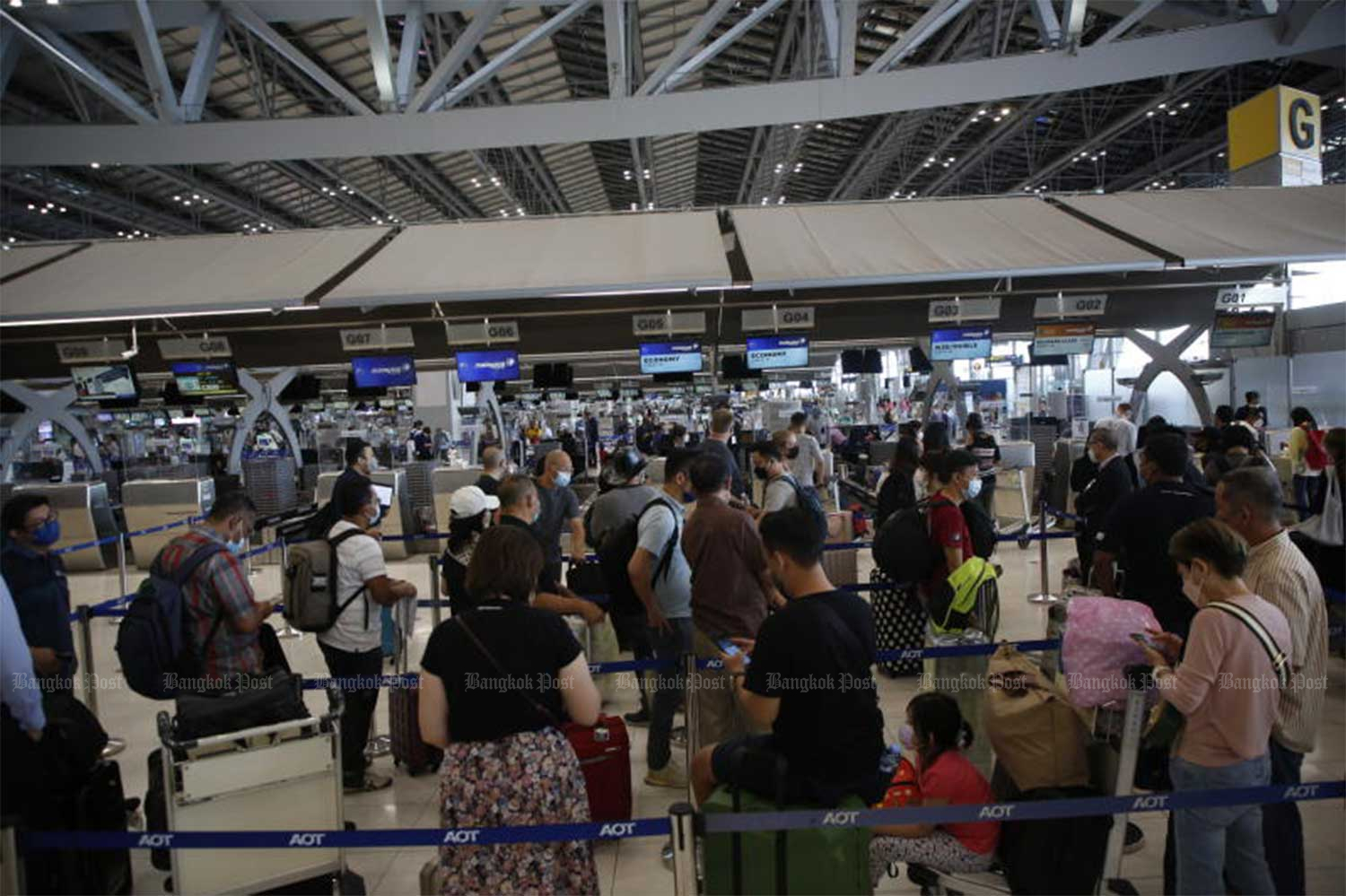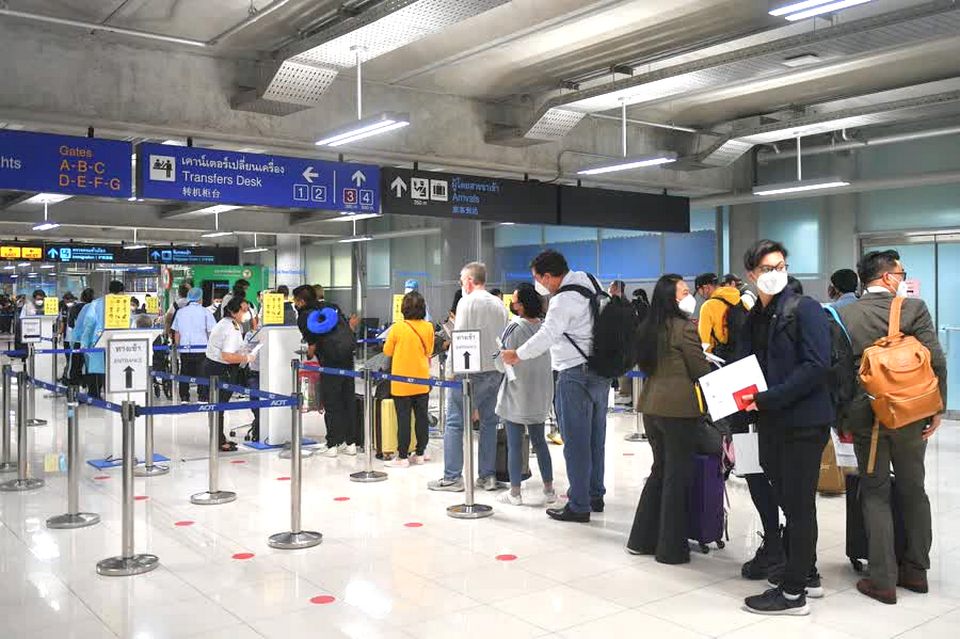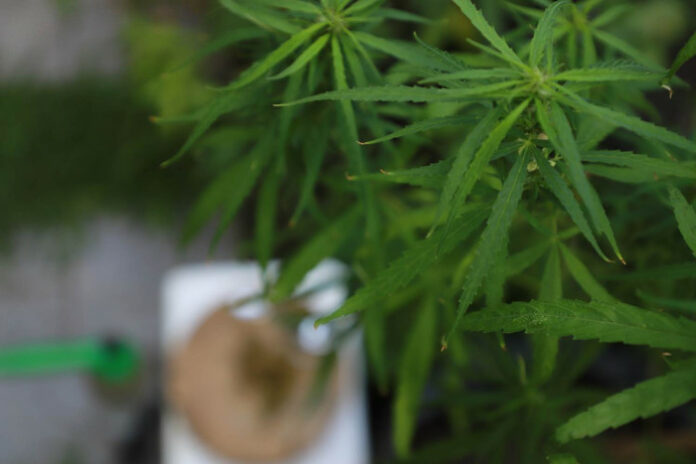
Prime Minister Prayut Chan-o-cha on Monday insisted the government has not yet cancelled the emergency decree as there remain concerns that the special law is still needed, although easing of restrictions will continue and the cabinet will reassess the situation when the time is right.
Gen Prayut's remarks came after Move Forward Party (MFP) MP Rangsiman Rome urged the government to stop renewing the decree, which has been extended 18 times in two years despite the drop in Covid-19 cases and easing of restrictions.
The premier said the emergency decree was invoked to facilitate government efforts to curb the spread of Covid-19 and the special law has been an effective tool in helping to achieve that target.
He said the government would have to examine the Covid-19 situation and decide if the emergency decree was still necessary. If the emergency decree is lifted, the government will have only the public health laws at its disposal, he noted.
On Sunday, Mr Rangsiman demanded the government lift the special law which he claimed has been used to take legal action against anti-government protesters rather than curbing the spread of the virus.
He said the government had eased several Covid-19 restrictions including allowing people to take off their face masks in open-air spaces, so there was also no need to maintain the decree.
Introduced on March 26, 2020 to control the spike in Covid-19 cases, the emergency decree gave the prime minister full control of anti-virus measures as head of the Centre for Covid-19 Situation Administration (CCSA).
Gen Prayut said the economic outlook after the reopening of the country was positive due to an increase in the number of international tourists.
However, he said the government had several issues still to tackle including the overcrowding problem at immigration checkpoints.
He said that some Covid-19 restrictions would have to be maintained to keep the chances of a resurgence in cases to a minimum.
"The people are in [economic] hardship. Don't you think the prime minister is troubled by that? We're trying to help to the best of our ability without causing more problems," he said.
Bangkok governor Chadchart Sittipunt said he had instructed City Hall officials to contact the Indian embassy and hold talks on how to attract more tourists from the country.
He said the move came after he learned that Indian tourists were now the country's top arrivals and that the talks should help City Hall determine policies that can help stimulate the local tourism industry.
Mr Chadchart also urged people to get a third booster shot after the CCSA postponed relaxing regulations on their use in the capital due to the low number of people who received a third shot against Covid-19.
He said he was less concerned about a spike in infections following the reopening of night entertainment venues, than the current safety of the venues, particularly regarding fire safety standards, as they had been closed for an extended period.
Tourism Authority of Thailand (TAT) deputy governor Thapanee Kiatphaibool said the agency is putting together a new tourism promotion scheme for submission to the cabinet for consideration.
The new scheme, which was approved in principle by the National Tourism Policy Committee, is designed to target 2.5 million people in the public sector.
According to Ms Thapanee, over the next six months, about 90% of this group would spend two days working in the provinces to help stimulate tourism in those areas.
She said the new scheme was designed to cater to those in the public sector because they had income security and had been less affected by the Covid-19 pandemic.
It is estimated that local tourists spend 4,100 baht per head per trip on average, said Ms Thapanee.
"If 90% of 2.5 million people in this sector join the scheme, it would generate a cash flow of at least 50 billion baht," she added.

